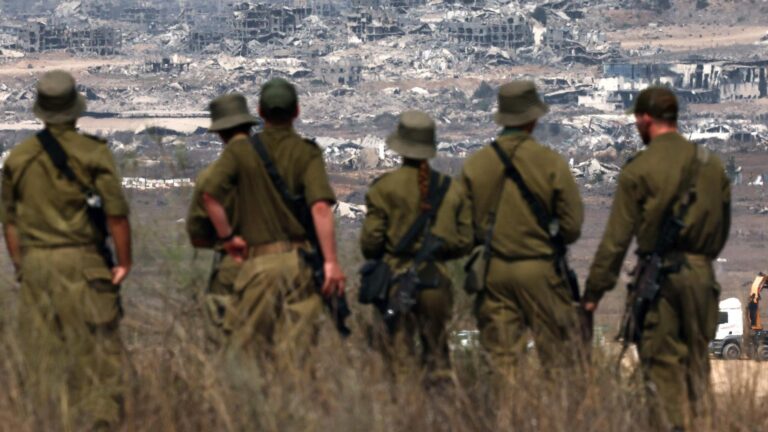Tensions between Israel and France have escalated following President Emmanuel Macron’s recent announcement recognizing the Palestinian state. The controversial move has sparked a sharp diplomatic row, with Israeli officials condemning the decision as damaging to the peace process. As the two nations grapple with the fallout, the development marks a significant shift in France’s Middle East policy, raising questions about its implications for regional stability and international relations.
Israel France Diplomatic Tensions Escalate After Macron’s Recognition of Palestinian State
Relations between Israel and France have taken a sharp downturn following French President Emmanuel Macron’s historic announcement recognizing a Palestinian state. Israeli officials swiftly condemned the move, calling it “unilateral and detrimental” to the peace process. This diplomatic fallout has reignited longstanding tensions, with Israel recalling its ambassador to Paris for urgent consultations. Meanwhile, France insists that the decision reflects its commitment to a two-state solution and hopes to encourage renewed dialogue between Israelis and Palestinians.
As the situation unfolds, several key factors contribute to the complexity of this escalating row:
- Geopolitical implications: Macron’s recognition challenges established alliances in the region and disrupts EU consensus on Middle East policy.
- Domestic reactions: Both countries face internal political pressure, with Israeli leaders warning of security risks and French opposition parties divided over the stance.
- International response: Major global powers have expressed cautious support for dialogue, emphasizing the need to avoid further destabilization.
| Country | Official Position | Recent Action |
|---|---|---|
| France | Supports Palestinian statehood | Macron’s formal recognition |
| Israel | Opposes unilateral moves | Ambassador recalled |
| United States | Calls for dialogue | Diplomatic caution urged |
Implications for Middle East Peace Process and European Foreign Policy
Macron’s controversial gesture has stirred significant debate, signaling a potential recalibration of diplomatic priorities in the Middle East. For the peace process, this development could either catalyze renewed dialogue or further entrench divisions. Palestinian recognition by a prominent EU power marks a symbolic endorsement, potentially empowering Palestinian authorities but simultaneously provoking resistance from Israeli leaders who view such moves as unilateral and detrimental to direct negotiations. The fragile balance between diplomatic engagement and on-the-ground realities now faces added complexity, with regional actors keenly observing France’s stance.
On the European stage, this move sends ripples across foreign policy strategies. Several EU countries might reconsider their positions regarding the Israeli-Palestinian conflict amid growing public and political pressures. Key implications include:
- Heightened diplomatic tension: Strained ties between Israel and France could affect broader EU-Israel relations, particularly in trade and security cooperation.
- Policy divergence: EU member states may experience internal disagreements on collective responses, testing the bloc’s unity on Middle East policy.
- Increased advocacy for multilateral approaches: Calls for renewed international mediation efforts could gain momentum to mitigate unilateral recognitions and prevent escalation.
| Stakeholder | Potential Reaction | Impact |
|---|---|---|
| Israel | Strong condemnation, diplomatic protests | Temporary cooling of diplomatic ties |
| France | Defends decision as step towards peace | |
| France | Defends decision as step towards peace | Positions itself as a mediator, may face short-term diplomatic challenges |
| Role | Priority | Expected Outcome |
|---|---|---|
| France | Facilitate dialogue | De-escalation of diplomatic tensions |
| Israel | Engage in talks | Enhanced security assurances |
| Palestinian Authorities | Participate actively | Political recognition and stability |
| International Community | Support mediation | Long-term peace framework |
Key Takeaways
As tensions continue to escalate between Israel and France following President Macron’s announcement to recognise a Palestinian state, the diplomatic fallout underscores the deep complexities and enduring sensitivities surrounding the Israeli-Palestinian conflict. Observers will be closely watching how this development influences not only bilateral relations but also broader international efforts toward peace in the region. The coming weeks may prove critical in determining whether dialogue can prevail amid the intensifying discord.




